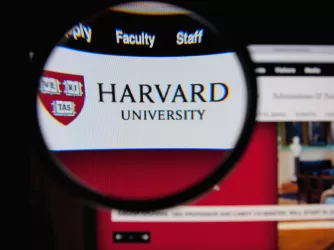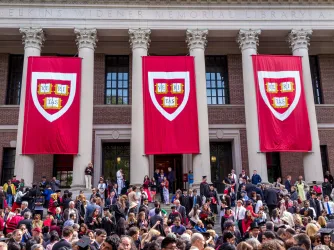Table of Contents
A False View of Academic Freedom at UC Davis
Deb Niemeier and John Cary Sims at the University of California at Davis (UC Davis) offer a defense of the UC Davis campaign against Larry Summers, arguing that academic freedom is violated when a speaker speaks at an event that does not include the possibility of “debate or discussion.” They argue, amazingly, that “Summers’ appearance before the regents was stacked in such a way that no debate or discussion was possible, violating a bedrock principle of academic freedom.” (No matter that Summers was not scheduled to speak about the issues of race and gender to which the anti-Summers petition alludes.)
I have seen this argument a few times recently, and it deserves to be debunked. Requiring “debate or discussion” after a lecture cannot actually be a principle of academic freedom. When a professor lectures in front of a classroom, for example, leaving no time at the end of class for questions, has the professor violated academic freedom? Quite the opposite—the professor is exercising his or her academic freedom to teach the class as a lecture course. Is it a violation of academic freedom when a professor writes a journal article and the journal does not accept letters from readers? Quite the opposite—we respect the academic freedom of the journal’s editors in choosing the kind of forum they freely establish.
If someone wants to give a speech and go home, we may not like it, but this is no violation of academic freedom. Again, quite the opposite: the speaker is saying what he or she wants to say. If we do not like what has been said, we remain free to voice our positions by holding our own events, writing our own letters, and so on. The speaker has not violated our academic freedom by saying what he or she wants to say in whatever forum he or she finds suitable. It may be better when listeners have a chance to respond to a lecturer immediately, but it may be worse—having time to construct our responses carefully, many scholars know, prevents many an embarrassing mistake.
Niemeier and Sims add:
The UC faculty did not in any way depart from the principles of academic freedom. Summers remains entirely free to present his views to university audiences and to the public at large, and we will defend his right to a public discourse, at the University of California and elsewhere.
The problem is that academic freedom applies to private as well as public meetings. It applies wherever someone expresses academic opinions, not just according to the preferences of the audience. Niemeier and Sims have it exactly wrong.
Recent Articles
FIRE’s award-winning Newsdesk covers the free speech news you need to stay informed.

Revoking Harvard’s tax-exempt status will threaten all nonprofits

Grandpa’s advice for the new wave of American censors

FIRE POLL: Only 1/4 of Americans support deporting foreigners for pro-Palestinian views
